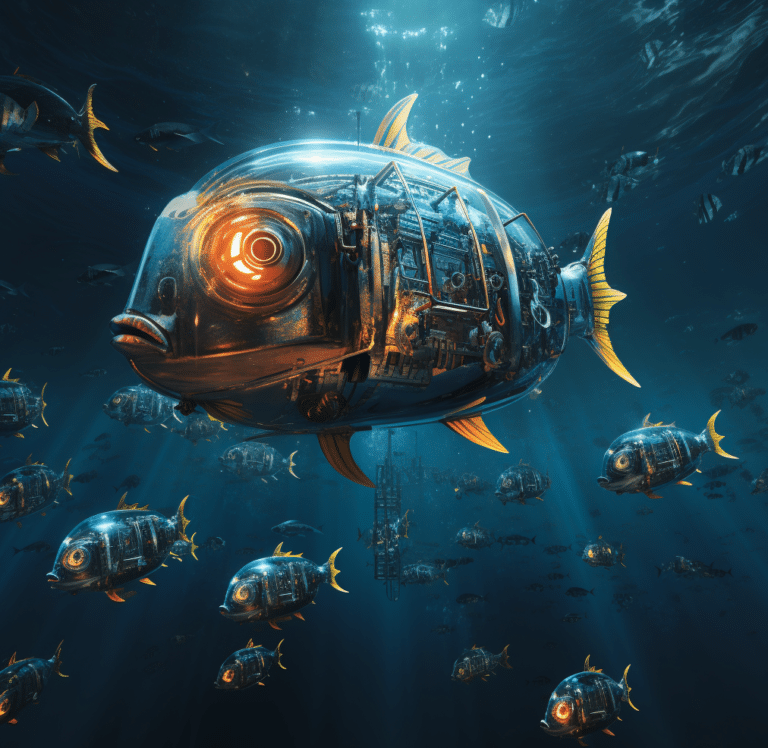When it comes to the world of generative AI, one can’t help but wonder: are we on the cusp of a revolution? With giants like OpenAI, Meta, and Google dominating the foundation models, the landscape is ever-evolving. But what happens when in-house talent from these behemoths departs to blaze their own trail?
The Visionaries Behind Sakana AI
Llion Jones, a pivotal figure in the generative AI arena who co-authored the transformative 2017 paper “Attention Is All You Need,” has taken the plunge. Bidding adieu to Google, he ventured forth to establish Sakana AI, a cutting-edge Tokyo-based AI startup. And he’s not alone. David Ha, a former torchbearer at Stability AI and Google Brain, joins Jones in this ambitious endeavor.
But what’s the big deal about Sakana AI?
Nature-Inspired Tech: A Swarm Approach
They aspire to innovate in the realm of generative AI. Instead of relying on a singular expansive language model, their vision is to develop multiple compact AI models that work in unison, reminiscent of a swarm, to yield intricate outcomes. This strategy suggests they might, in due course, position themselves as rivals to entities such as OpenAI.
Sakana AI seems to think so. Distancing themselves from the conventional large AI system blueprint, they’ve embraced a unique model inspired by biomimicry. Think schools of fish or colonies of ants—individual entities working in tandem, driven by simple rules, yet producing complex outcomes.
David Ha encapsulated this sentiment in his discussion with Bloomberg: “Ants move around and dynamically form a bridge by themselves, which might not be the strongest bridge, but they can do it right away and adapt to the environments.”
Taking cues from these natural algorithms, Sakana AI intends to craft AI models that are nimble, adaptable, and cost-efficient. But why the name Sakana? It’s a nod to the Japanese term for fish, underscoring their ethos of synergy and cohesion.
Tokyo: The AI Hotbed
“Why Tokyo?”
With its technical prowess and a plethora of AI talent, Tokyo emerges as an AI incubator, setting the stage for startups like Sakana AI. While the company is yet to finalize its headquarters, its strategic choice of Tokyo hints at its future-focused trajectory.
Rethinking Generative AI
Are monolithic models the answer? Llion Jones and David Ha don’t seem to think so. Highlighting the rigidity in conventional AI frameworks, the duo envisions a future where AI emulates nature’s adaptability. “It’s just a side effect of big company-itis,” Jones commented on his departure from Google. This sentiment of seeking agility outside the confines of tech giants is palpable.
Moreover, as Ha pointedly mentioned, the innovation (or the lack thereof) in current gen AI, particularly at OpenAI, leaves much to be desired.
Looking Forward
With their trailblazing approach, Sakana AI not only promises a fresh perspective on AI but also redefines how we envision AI systems. Their swarm-inspired methodology, coupled with Tokyo’s technological milieu, could indeed be the game-changer in generative AI’s evolution.
“I would be surprised if language models were not part of the future,” David Ha candidly remarked.
The AI community is abuzz, keenly awaiting the waves Sakana AI is poised to create. In this ever-evolving AI saga, could Sakana AI be the next pivotal chapter? Only time will tell. But one thing’s for certain: the future of AI has never seemed more exhilarating.
